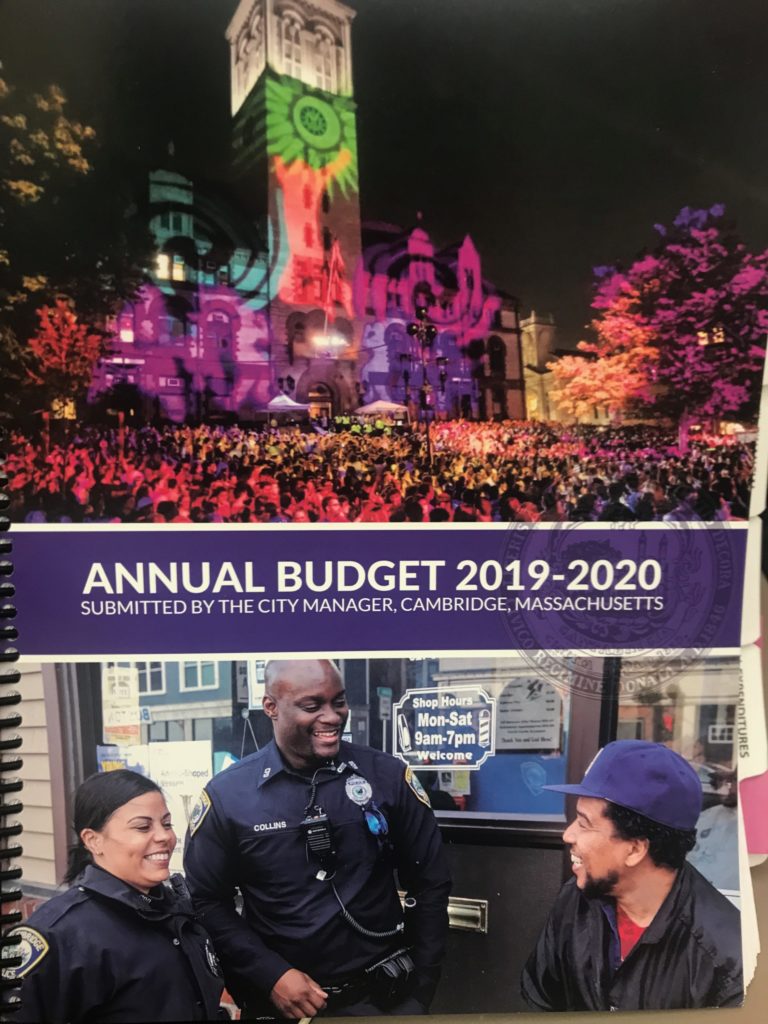On Monday night, the City council passed our FY20 budget of over $680M. Funding reflects our values as a City, so during this year’s budget season, I wanted to ensure that our arts funding in particular was being used effectively. As Chair of the Arts Task Force for the past 8 months, I know that arts is an economic driver in our City, responsible for millions of dollars of revenue each year. During the budget hearings, I used the opportunity to highlight and identify some structural changes that could be made to help strengthen our economic development and the Arts through the Office of Tourism, as well as better use the Arts resources the City financially supports, specifically at the Multicultural Arts Center in East Cambridge.

At the budget hearing, I was pleased to hear that the Office of Tourism announce its’ intentions to shift their focus to better support our small businesses and retailers, and I wanted to take this opportunity to create the connective tissue between 3 City departments: CDD’s Economic Development Division, the Office of Tourism, and the Cambridge Arts Council. Each of these offices are a key support of the “3 legged-stool” that keeps our economy strong and healthy. The arts, tourism, and our small businesses not only rely on each other to thrive, but are part of what makes Cambridge unique, which is why I asked that CDD convene these three departments in a monthly working group. Our small businesses are facing a tough retail climate, but all of them see sales rise during festivals and arts events, and the Office of Tourism can provide that “missing link” to bring in more visitors so that we’re supporting both arts and small business in an impactful way.

Another area where I placed funding under review was at the Multicultural Arts Center. The additional information from the Multicultural Arts Center (MAC) in their answer to my review left me with more questions than answers. The $200,000 that the City provides to the MAC is vital to its survival, but this only increases the MAC’s responsibility to provide an accessible and affordable community arts space. To achieve this goal, operational practices need to change, and funding can no longer be unconditional and unsupervised. The MAC relies on private events for much of their funding, and these events have taken precedence over the arts in recent years. Artists have dealt with logistical conflicts, inadequate infrastructure, and the expense of buying out the MAC when their performances “interfered” with potential private events. As a result, I proposed that we preserve the space by allocating the funding, but the MAC will not receive the $200,000 in a lump sum like usual. Instead, they will receive $100,000 up front, and to unlock the rest of the funding, will have to meet quarterly with the City Manager and staff to report on their progress, and I also asked that a member of City leadership join or attend the MAC’s board meetings this year, a proposed which they welcomed.
I’m grateful for the opportunity to champion the arts not only during these budget hearings, but at Council meetings every week. Institutions like the Multicultural Arts Center and the City as a whole need to make a more robust effort to accommodate artists, engage the community, and make space accessible to artists – both logistically and financially.
